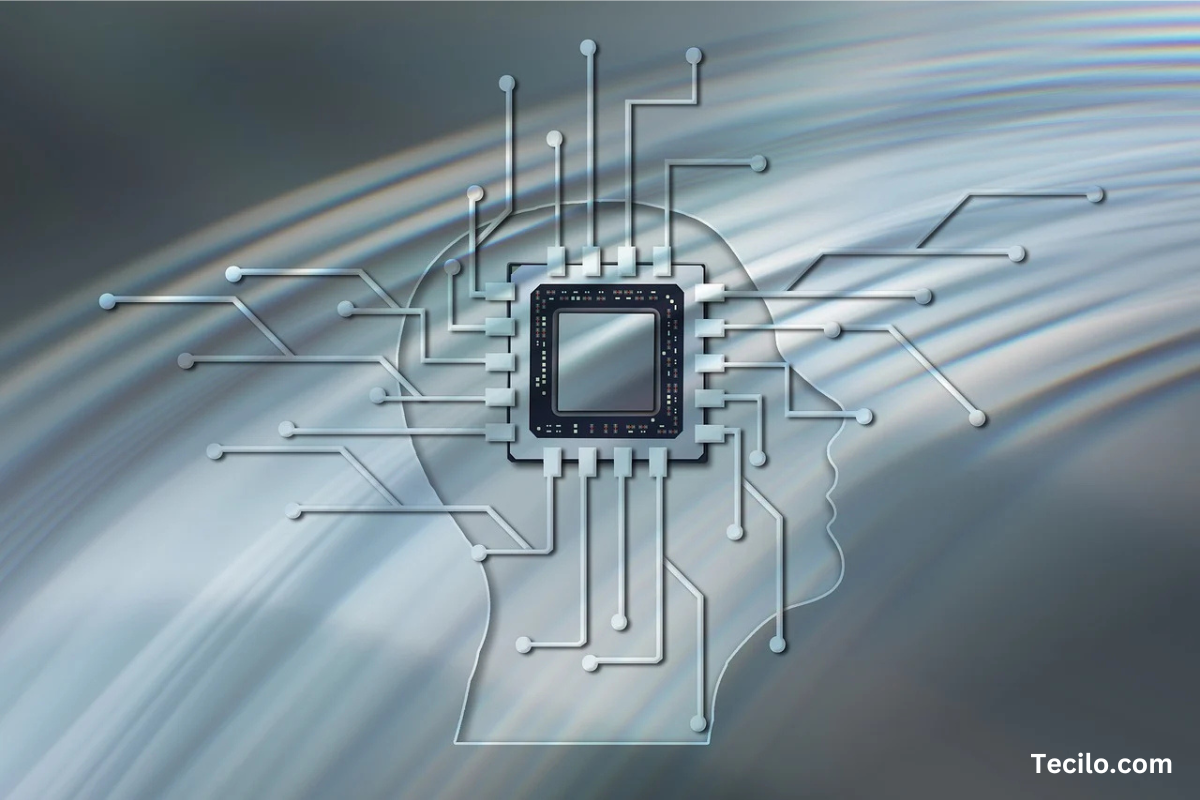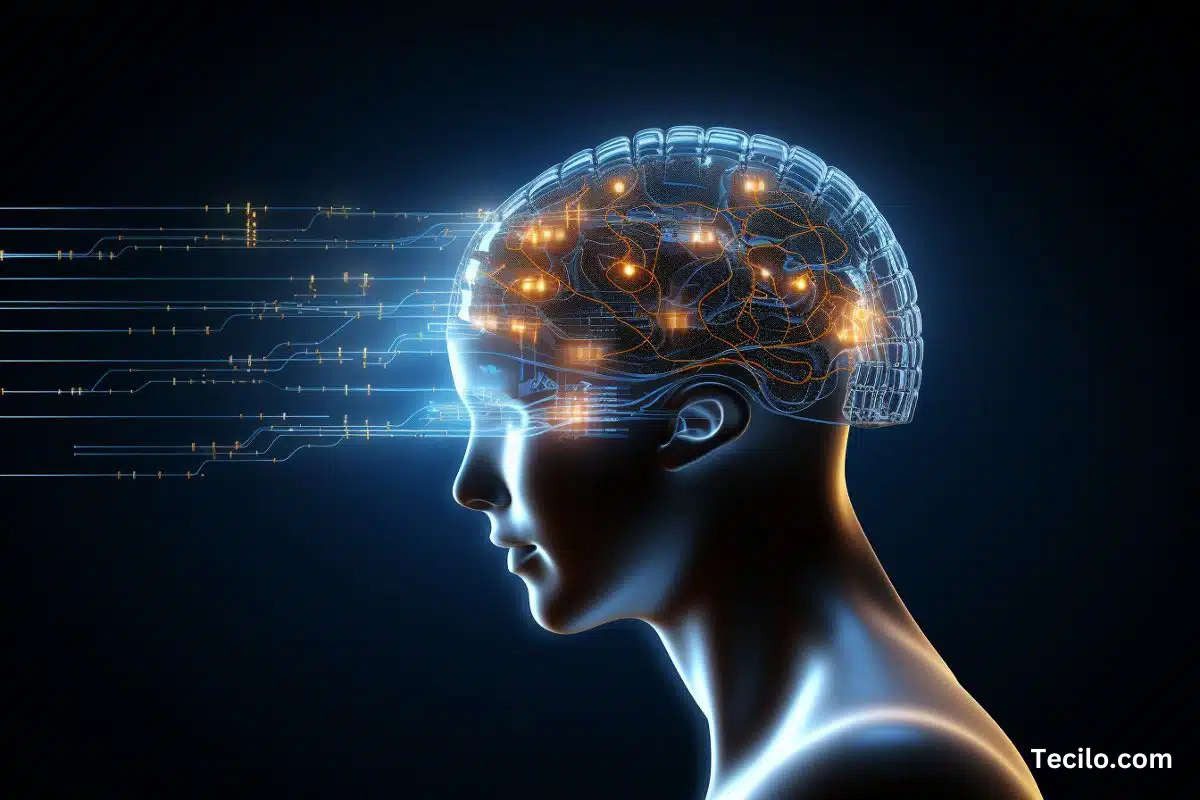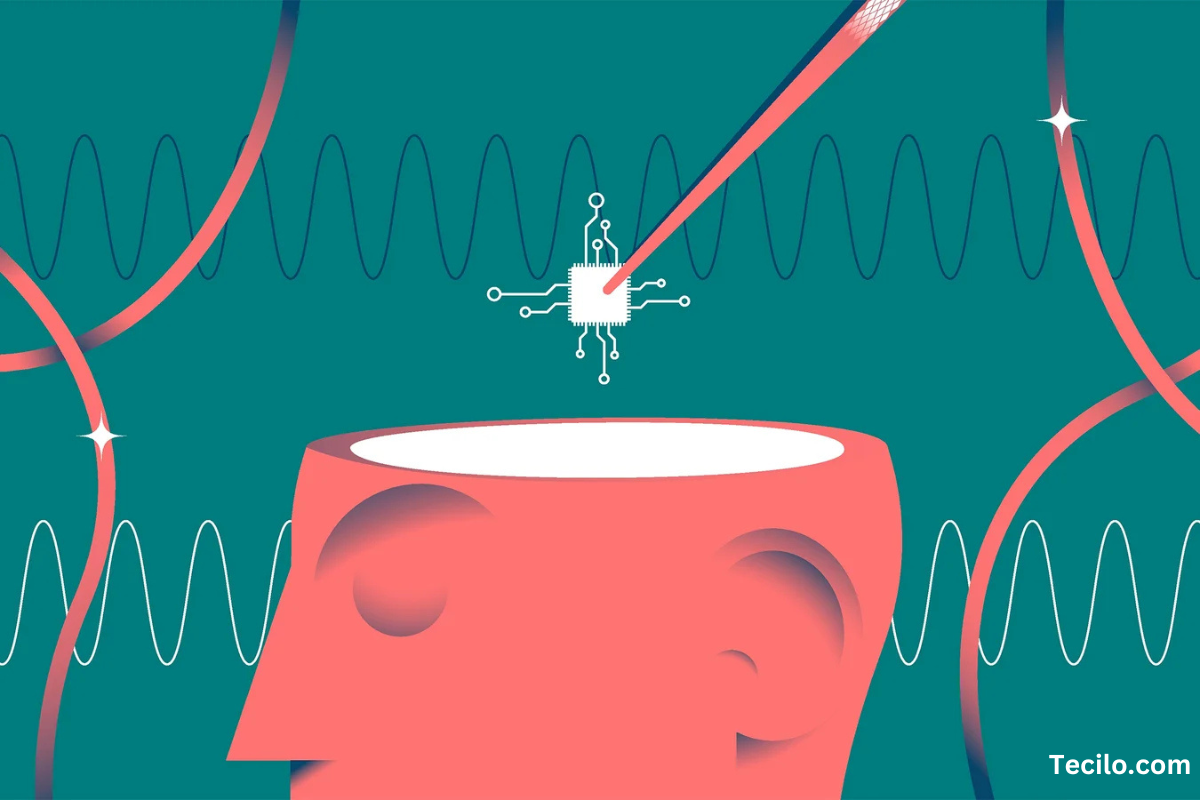
The Buralink Brain Chip is a pioneering piece of neurotechnology, developed to facilitate seamless interaction between the brain and machines. But what sets it apart? Let’s dive deeper into the science and application of this brain chip and explore how it’s poised to reshape industries and lives.
What is Buralink?
Buralink is a neurotechnology company that focuses on brain-computer interfaces (BCIs) to enhance human capabilities by allowing the brain to communicate directly with computers. Their flagship device, the Buralink Brain Chip, is designed to decode brain signals and convert them into actions in the digital world.
How Does the Buralink Brain Chip Work?
The Buralink Brain Chip is implanted into the brain’s cortex, where it monitors brain signals and translates them into digital commands. Using electrodes that are in constant communication with neurons, the chip records brain activity and sends this data to external devices. It can be used to control prosthetics, computers, or even interact with virtual environments, providing real-time neural feedback.
The Science Behind Brain-Computer Interfaces (BCI)
BCIs have come a long way from their initial conception. The evolution of this technology has been fueled by advances in neuroscience, artificial intelligence, and computing power.
Evolution of BCIs in Medical Science
Early BCI research focused on helping individuals with paralysis regain some form of independence by enabling them to control devices through thought alone. Over time, this technology has progressed from simple signal processing to advanced real-time interactions that allow more complex tasks, including movement control and sensory feedback. The Buralink Brain Chip builds on this foundation by offering even greater precision and functionality.
Key Components of the Buralink Brain Chip
The Buralink Brain Chip consists of several core components:
- Neural Sensors: These pick up brain activity and translate it into electrical signals.
- Processing Unit: A mini-computer that decodes these signals and sends them to the external device.
- Wireless Transmission: The brain chip can communicate wirelessly with external devices, enabling seamless interaction.
Applications of the Buralink Brain Chip
The Buralink Brain Chip has a variety of real-world applications that can improve the quality of life for many individuals.
Medical Applications: Treatment of Neurological Disorders
One of the primary applications of the Buralink Brain Chip is in treating neurological conditions such as Parkinson’s disease, epilepsy, and traumatic brain injuries. The chip can monitor abnormal brain patterns and provide immediate responses to prevent or mitigate symptoms, offering a more proactive treatment option.
Enhanced Cognitive Abilities and Learning
The Buralink Brain Chip also holds promise in boosting human cognitive capabilities. By directly linking the brain to learning systems, it could help individuals learn new skills at an accelerated rate or recall information with higher accuracy.
Potential in Communication for Individuals with Disabilities
For individuals who are unable to speak or move, they could revolutionize communication. By using thought alone, these individuals could send messages, control devices, and interact with the world around them, dramatically improving their autonomy.
Advantages of the Buralink Brain Chip
The Buralink Brain Chip offers several key advantages over other neurotechnologies currently being explored.
Precision in Neural Mapping
With its advanced neural sensors, the Brain Chip provides precise mapping of the brain’s activity, allowing it to interpret more complex neural signals than earlier BCIs.
Real-Time Neural Feedback
Real-time feedback means that the brain can interact with external devices almost instantaneously, making it highly effective for controlling prosthetics or assisting in neurological treatments.
Ethical Concerns and controversy
As with any disruptive technology, the Brain Chip is not without its challenges, particularly around ethics.

Data Privacy and Security
One of the biggest concerns is how the brain’s data will be used. With the chip’s ability to monitor neural activity, there are questions surrounding who owns this data and how it is safeguarded from potential misuse or hacking.
Impact on Mental Health
There are also concerns about the psychological effects of having a direct brain-computer interface. Could it lead to dependence or influence mental health in unforeseen ways? These are important issues that must be addressed as the technology matures.
Future of Neurotechnology with Buralink
Looking forward, the Buralink Brain Chip is expected to open doors to even more advanced technologies and applications.
Future Medical Advancements
In the future, the Buralink Brain Chip could help in areas like memory restoration, managing mental health conditions, and offering advanced solutions for neurodegenerative diseases like Alzheimer’s.
The Role of Artificial Intelligence
AI will play a crucial role in refining the functions of the Buralink Brain Chip. By using machine learning algorithms, the chip will be able to learn and adapt to individual neural patterns, improving its accuracy and responsiveness over time.

Conclusion
It is set to redefine the future of brain-computer interfaces. With its vast potential in medical applications, enhanced learning capabilities, and its ability to improve communication for individuals with disabilities, it holds enormous promise. However, as with any powerful technology, it also raises significant ethical and privacy concerns that need to be addressed. As science evolves, we can expect Buralink to be a central player in the next wave of neurotechnological advancements.
FAQs
- What is the Buralink brain chip?
The Buralink Brain Chip is a brain-computer interface that allows the brain to communicate directly with external devices by translating neural activity into digital signals. - How safe is the Buralink brain chip?
While the technology is still evolving, current research suggests that the Buralink Brain Chip is safe for medical use, though long-term studies are ongoing. - Can the Buralink brain chip enhance cognitive abilities?
Yes, the chip has the potential to enhance cognitive functions like learning speed and memory retention by directly interfacing with the brain’s neural networks. - What ethical concerns surround the Buralink brain chip?
Key concerns include data privacy, security of brain activity data, and potential psychological effects. - Is this technology accessible to the general public?
Currently, the Buralink Brain Chip is mainly being developed for medical purposes, but future iterations may expand to more general uses.







